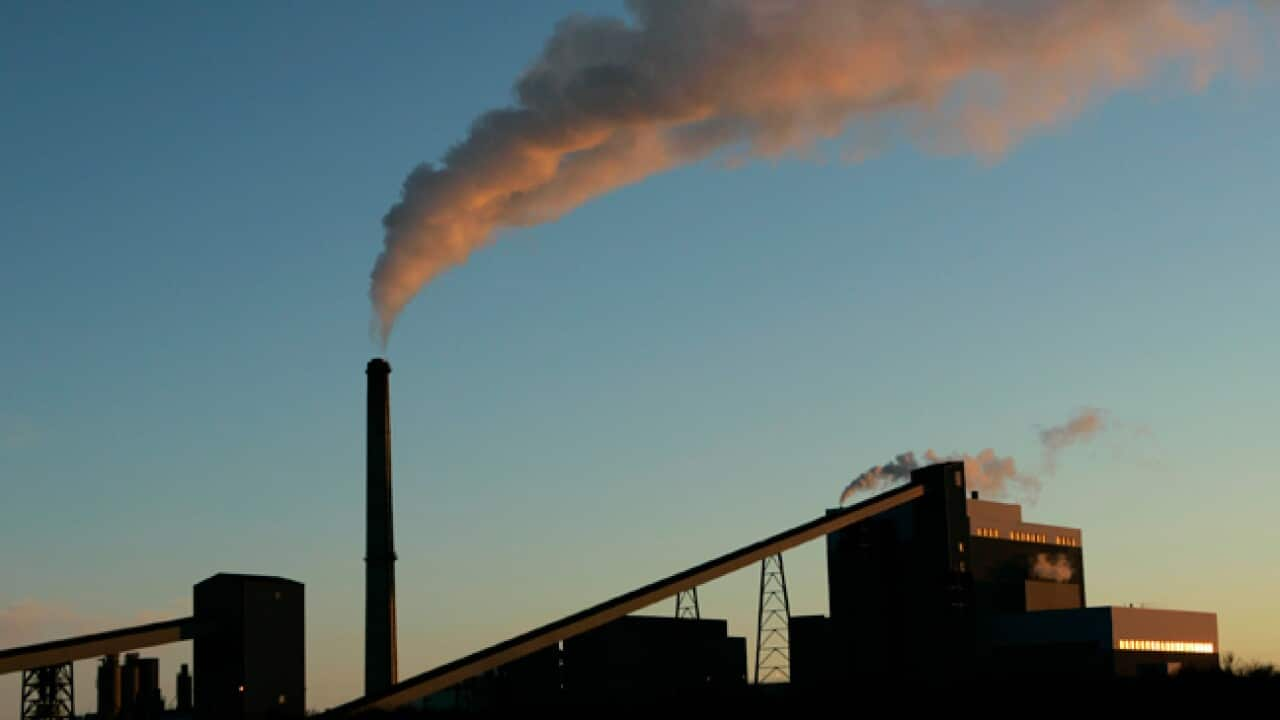Breathing new life into the Kyoto Protocol is a "tall order" and the toughest challenge facing global talks on climate change, the UN climate chief says on the eve of the conference in South Africa.
Christiana Figueres, executive secretary of the UN Framework Convention on Climate Change (UNFCCC), pointed to the enormity of the task amid escalating demands from developing countries and green campaigners to save the only legally binding treaty to cut greenhouse gases.
Taking place against an ever-grimmer backdrop, the talks drew appeals on Sunday from the Catholic and Anglican churches to cut carbon emissions and help poor countries facing worsening drought, flood, storms and rising seas.
Kyoto's first round of emissions pledges by rich countries expires next year, but only the European Union (EU) - which accounts for barely 11 per cent of global CO2 emissions - has said it might renew its vows.
JAPAN, RUSSIA, US DEFECT
Defectors such as Japan and Russia, along with the United States, which never ratified Kyoto, are eyeing a parallel forum in the 194-nation UNFCCC that focuses on voluntary emissions curbs.
Determining Kyoto's survival while at the same time pursuing this second track "is a tall order for governments", Figueres said at a news conference in Durban on Sunday.
"This conversation (between the two tracks), from a political level, is the most difficult issue facing this conference."
A breakthrough - if there is one - will come in the last days of the November 28-December 9 talks when ministers arrive in Durban to try to push through a final compromise, she said.
Developing countries are lobbying hard for Kyoto to be kept alive, and some campaigners have warned of angry protests.
The good news coming into negotiations is a "growing momentum for action", Figueres added, pointing to recent actions in nearly 20 countries to reduce carbon pollution.
WINDOW FOR ACTION CLOSING
The bad news is a wave of new data showing that carbon dioxide levels have hit record highs and are causing more intense and frequent extreme weather.
As a result, the window for lower-cost mitigation is fast closing.
"These reports are sounding alarm bells for urgent action," she said.
The UNFCCC process remains deeply shaken by the near-collapse of the Copenhagen summit in 2009.
At Durban, a bottom-line outcome would be some sort of lifeline for Kyoto, and progress on parallel issues ranging from technology transfer and the build-up of a 100 billion dollar a year Green Climate Fund for poorer countries, Figueres said.
At a rally in Durban, Nobel Peace laureate Desmond Tutu branded climate change a "huge, huge enemy" that threatened the common home of humanity, imperilling rich and poor alike.
"No one, no country can fight that enemy on his own ... an enemy called global warming, climate change," he said.
"We have only one home. This is the only home we have. And whether you are rich or poor, this is your only home ... you are members of one family, the human race."
In Europe, the leaders of the Roman Catholic and Anglican churches urged the climate talks to forge an outcome.
"I hope all members of the international community will agree a responsible, credible and united response to this worrying and complex phenomenon," Pope Benedict XVI told pilgrims in St Peter's Square.
The Pope, who frequently speaks out on environmental issues and will be sending a delegation to Durban, said the agreement should also "take into account the needs of the poorest populations and of future generations".
The Archbishop of Canterbury, Rowan Williams, the leader of the world's Anglicans, called on the talks to show "real moral leadership".
In a video message, he urged rich nations to detail how they will fulfil their pledges for the Green Climate Fund.
"We need to see some security, some guarantees about emissions cuts. We need to see some clarity about a real integrated response to questions around clean energy, food security, clean water and biodiversity," he said.

